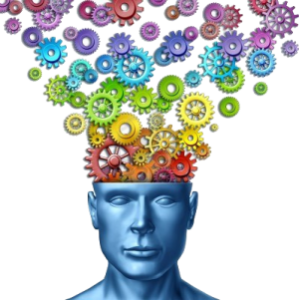 According to a new study , those with autism have the ability to excel in creative thinking and processes. Researchers discovered that people with autism were far more likely to produce a creative explanation or solution to problem-solving questions despite other traits that can cause severe social impairment and make it difficult to maintain a job.
According to a new study , those with autism have the ability to excel in creative thinking and processes. Researchers discovered that people with autism were far more likely to produce a creative explanation or solution to problem-solving questions despite other traits that can cause severe social impairment and make it difficult to maintain a job.
The brains of people with autism function in a way that is unorthodox, allowing them to create unique and original ideas (something that the rest of us often struggle with).
Hoping to change the stigma often associated with autism, this study, published in the Journal of Autism and Developmental Disorders, can serve as a rallying hub for those interested in changing the perception of autism. There has been an overflow of support from the acting community. This includes actress Daryl Hannah, who was diagnosed with autism as a little girl. She shared, “It’s time people with autism and other learning difficulties are seen as people first. I want to educate people without learning disabilities that I’m not all that different to them, and I want people who do have learning disabilities to feel better about themselves by showing my problems. They are not alone.”
What has been reiterated over and over again from those who diagnosed with autism is that it’s not about “helping” or “allowing” them to participate in daily activities. It’s about understanding their needs and encouraging them to utilize their own voice to express themselves.
Cian Binchy, another actor with autism commented, “There just aren’t any people with learning disabilities – in this field I’m the only one. It’s because people with learning disabilities may need a bit of extra support, and a lot of theatre companies and performers can’t be bothered…The boundaries and barriers we’ve placed in the country over mental illness can be difficult.”
There are many misconceptions that have been perpetuated as the norm when they are not. Many see those with autism as antisocial and lacking empathy, but that is not always the case. Individuals should be examined and judged by their own actions (like we all hope to be) and not by a stigma.
Studies such as this coupled with the numerous organizations, individuals and causes lobbying for a social and professional changes are truly galvanizing this movement.
People like Jolanta Lasota, chief executive of the charity Ambitious about Autism, are truly campaigning to encourage employers to view people with learning disabilities as potential candidates in their hiring process. No one should be judged on one single aspect of their being.